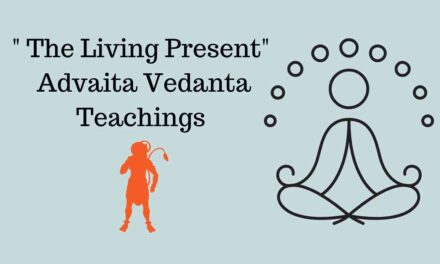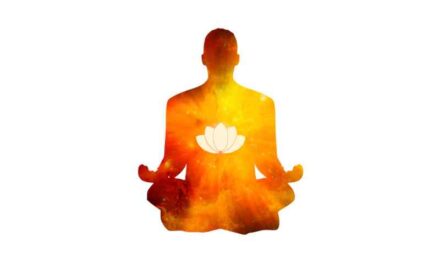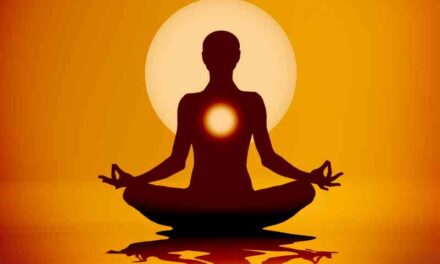The search for happiness is universal. It is the driving force behind our actions and decisions. We seek it in relationships, career success, material possessions, and even spiritual pursuits. However, as the dialogue between the questioner and Maharaj in the text above reveals, the happiness we seek in external things is fleeting and temporary. True happiness, according to Maharaj, can only be found within oneself.
Maharaj emphasizes that the mind is inherently restless and prone to wander. Therefore, attempting to find happiness through external means is futile. The mind will always find new desires to pursue, new fears to avoid, and new problems to solve. Maharaj suggests that to find lasting happiness, we must shift our focus beyond the mind.
The Way to Make the Mind Steady
The questioner then asks how to make the mind steady. Maharaj replies that an unsteady mind cannot make itself steady. Instead, we must refuse all thoughts except one: the thought “I am.” The mind may resist in the beginning, but with patience and perseverance, it will eventually yield and become quiet. Once we are quiet, things will begin to happen spontaneously and quite naturally, without any interference on our part.
Alternatively, Maharaj suggests that we can live our lives as they come, alertly and watchfully. We should allow everything to happen as it happens and do natural things the natural way. We should embrace the suffering and the rejoicing that life brings. This, too, is a way to find happiness.
The Difference Between Happiness and Pleasure
The questioner then wonders if he can simply live his life, marry, have children, run a business, and be happy. Maharaj replies that he may or may not be happy; it should be taken in stride. True happiness cannot be found in things that change and pass away. Pleasure and pain alternate inexorably. Happiness comes from the self and can be found in the self only. If we find our real self (swarupa), all else will come with it.
The Restlessness of the Mind and the Peace of the Self
The questioner then asks why his real self, which is peace and love, is so restless. Maharaj explains that it is not our real being that is restless, but its reflection in the mind appears restless because the mind is restless. The mind is like the reflection of the moon in the water stirred by the wind. The wind of desire stirs the mind, and the “me,” which is a reflection of the Self in the mind, appears changeful. But these ideas of movement, of restlessness, pleasure, and pain are all in the mind. The Self stands beyond the mind, aware, but unconcerned.
The Realization of the Self
The questioner then asks how to reach the Self. Maharaj replies that we are the Self, here and now. We should leave the mind alone, stand aware and unconcerned, and we will realize that to stand alert but detached, watching events come and go, is an aspect of our real nature. The aspects of the Self are infinite in number. Realizing one will lead to realizing all.
The Inversion of Desires
The questioner then asks Maharaj for guidance on gaining peace. Maharaj asks, “For what do you need peace?” The questioner replies, “To be happy.” Maharaj then asks, “Are you not happy now?” The questioner replies, “No, I am not.” Maharaj then asks, “What makes you unhappy?” The questioner responds, “I have what I don’t want, and want what I don’t have.”
Maharaj suggests that he inverts his desires: wants what he has and does care not for what he doesn’t have. The questioner then says he wants what is pleasant and doesn’t want what is painful. Maharaj asks, “How do you know what is pleasant and what is not?” The questioner replies, “From past experience, of course.”
The Relativity of Pleasure and Pain
Maharaj then points out that pleasure and pain are relative concepts that depend on one’s state of mind. What is pleasant today may become painful tomorrow; what is painful now may turn out to be a blessing in disguise later on. Therefore, we should not attach ourselves to either pleasure or pain; we should accept them as they come and go without resistance or craving. Maharaj concludes by saying that by living this way – free from attachment to pleasure or pain – we will find true happiness within ourselves.





